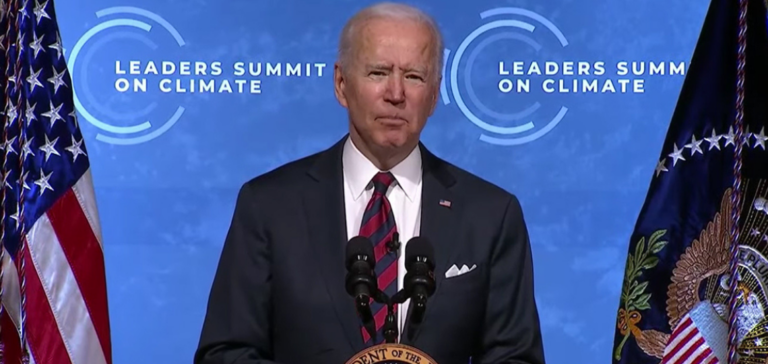The United States is the world’s second largest emitter of greenhouse gases. In 2021, the country emitted 6.28 billion tonnes of greenhouse gases, with a historic peak in 2007 followed by a downward trend. Transport, power generation and industry are the main contributors to these emissions, reflecting the complexity and diversity of the environmental challenges facing the country.
Biden’s reduction targets
The Biden administration has set bold targets: to reduce emissions by 50 to 52% by 2030 compared to 2005 levels. These commitments, made as part of the Paris Agreement, aim to propel the United States towards carbon neutrality by 2050, with an intermediate target of carbon neutrality in electricity generation by 2035.
Progress and limits of current actions
Significant progress has been made, notably with the major infrastructure modernization plan of November 2021 and the Inflation Reduction Act of 2022, which devote $370 billion to the environment. However, a report by the UN Environment Programme highlights a significant gap between the targets and the current trajectory, which calls for a 32% to 42% reduction in emissions by 2030.
Challenges and prospects
Meeting the 2030 targets remains a major challenge. Ambitious additional measures at both federal and state level are needed to close this gap. The United States’ climate future therefore depends on decisive government action and unprecedented mobilization of all sectors of the economy.
In the face of the climate emergency, the United States finds itself at a decisive crossroads. The actions and policies adopted in the coming years will determine their ability to meet the commitments made under the Paris Agreement and assume a leadership role in the fight against climate change.






















